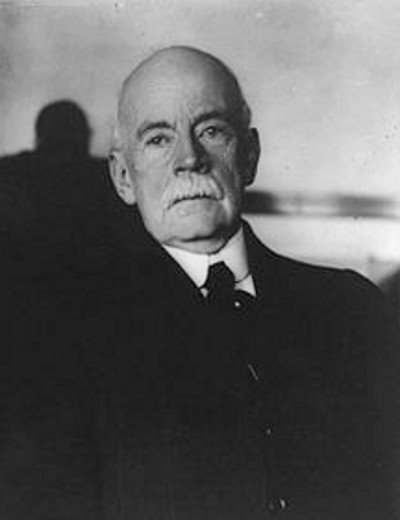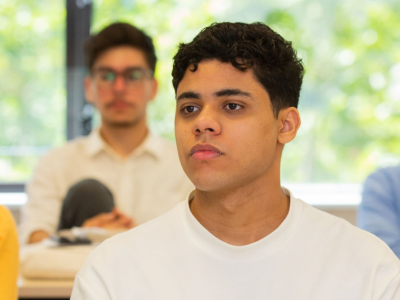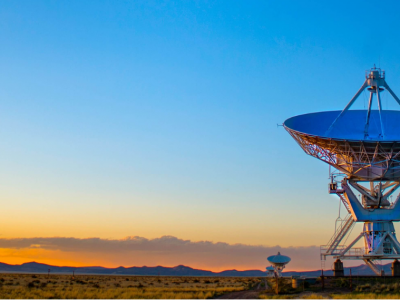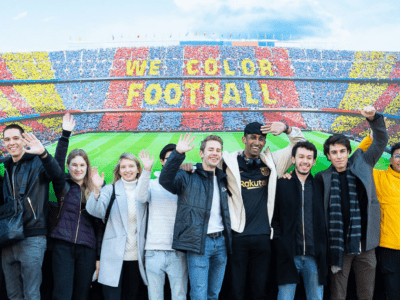Problems, Solutions and Adaptation


Charles Holland Duell
An often-cited, but false quotation by Charles Holland Duell was
Everything that can be invented has been invented
Far from being ignorant about the future, Duell’s real view of the future was progressive and optimistic.
“In my opinion, all previous advances in the various lines of invention will appear totally insignificant when compared with those which the present century will witness. I almost wish that I might live my life over again to see the wonders which are at the threshold.”
The original misquote is still something which frustrates many people. With so many options and so many ideas, how can you spot the gap which can set you apart from the crowd? ON The Blog believes that now it is in fact becoming easier to find something that sets you apart. Time for the third quote of the post.
Necessity is the mother of invention.
The rapid changes that we see in the world today have made life unimaginably easy through the eyes of somebody born in the 1950s. Everything was necessarily slower 60 years ago as innovations to facilitate the aspects of life which we are so commonplace today hadn’t been invented. Despite the rose-tinted views of life in the past, a lack of innovation means a lack of possibilities. With new possibilities come new problems, and it is in this vast array of modern-day problems where the necessity for invention comes.
Problem = Opportunity
You may not think about it too often, but typing on a smartphone is incredibly impractical and a huge drawback on the potential of modern phones. The buttons are tiny, and touch-screen phones make it impossible to avoid the odd slip. If you think about the ease of typing on a computer keyboard, it is incredibly unlikely that you will decide to write your next dissertation on your phone, and even quick searches are far slower than they potentially could be without the hassle of a five-inch touch screen. This is now an issue as smartphones have now overtaken PCs in internet usage, meaning companies absolutely must focus on making it a seamless experience. Now that I have unleashed a Pandora’s box of frustration that you didn’t know you had, I’ll introduce you to the man with the solution.
Google’s search chief Amit Singhal and his team have been working on a feature called Now on Tap, which will be released on the latest Android system. The idea behind this is that traditional searches are impractical, so Now on Tap aims to predict what a user will search for and display it when tapped. Google’s new ever-present identity is spread by Now on Tap too. Within any app, users can do an “OK Google” search to find out information within the context of that app; e.g. while listening to a song, you could ask “What year was this released” and your answer would appear without having to switch windows.
The benefits of new advances and the general pace of modern life undoubtedly have side-effects. With so many people moving around and plans changing at the last minute, one problem is in terms of transport, there is a real need for speed. Modern businesspeople often have to cross the city at break-neck speed and the density of traffic is a stressful hinderence.
Where many people see this relatively new problem as a part of daily life, Nadiem Makarim, inventor of Indonesian app Go-Jek, saw a chance to create a solution. Go-Jek bypasses traditional scooter taxis (Ojeks) and public transport by providing scooters to get users from A-B as quickly as possible with rapid communication via provided smartphones. Go-Jek’s scooters are far quicker around the dense traffic of Jakarta and employ trained, motivated drivers and no need for negotiation as fares have been standardized and drivers are insured which makes it safe as well as convenient. Its growing reputation has been spread by word of mouth, so a further bonus is that there has been no need to spend money on costly advertising.
Sound familiar? It certainly isn’t too different from the controversial app Uber, which allowed anybody to sign up and use their own car to transport customers; undercutting taxis and therefore cutting costs. The legal problems Uber caused have led it to be banned in many countries, but that is not the end of the story.
Adaptation
Uber has evolved. While backlash has partially damaged the original idea, Uber has used its well-developed structure to transport food under the name UberEATS. It works on the same cashless system as Uber rides and teams up with various local restaurants who provide a set menu, keeping costs to a minimum and speed to a maximum 10 minutes or less, specifically. The app promotes food from around the world and with a menu that changes daily, variety is not an issue. UberEATS shows fantastic entrepreneurial spirit, by being faced with problems, then adapting and persisting to keep ahead of the game.
Over to you
If you have the drive to solve problems, make life easier and change an industry, you have the attributes to be an entrepreneur. EU Business School can equip you with the skill set to turn your passion into a reality with a Young Entrepreneur International Summer School, and an MBA specialization in Entrepreneurship.
So next time you find yourself in a situation which could be quicker or more practical, think about how you can change it to make life easier. To get inspired, have a look at what market-changing ideas EU students Leonardo Penaloza and Nagarjun Venkata Subbarao have submitted in MBJ’s Launchpad app competition.









